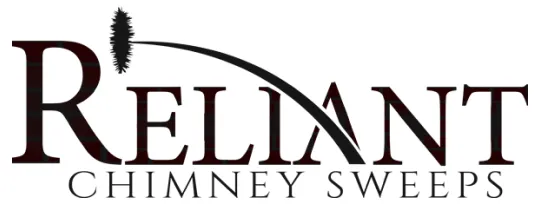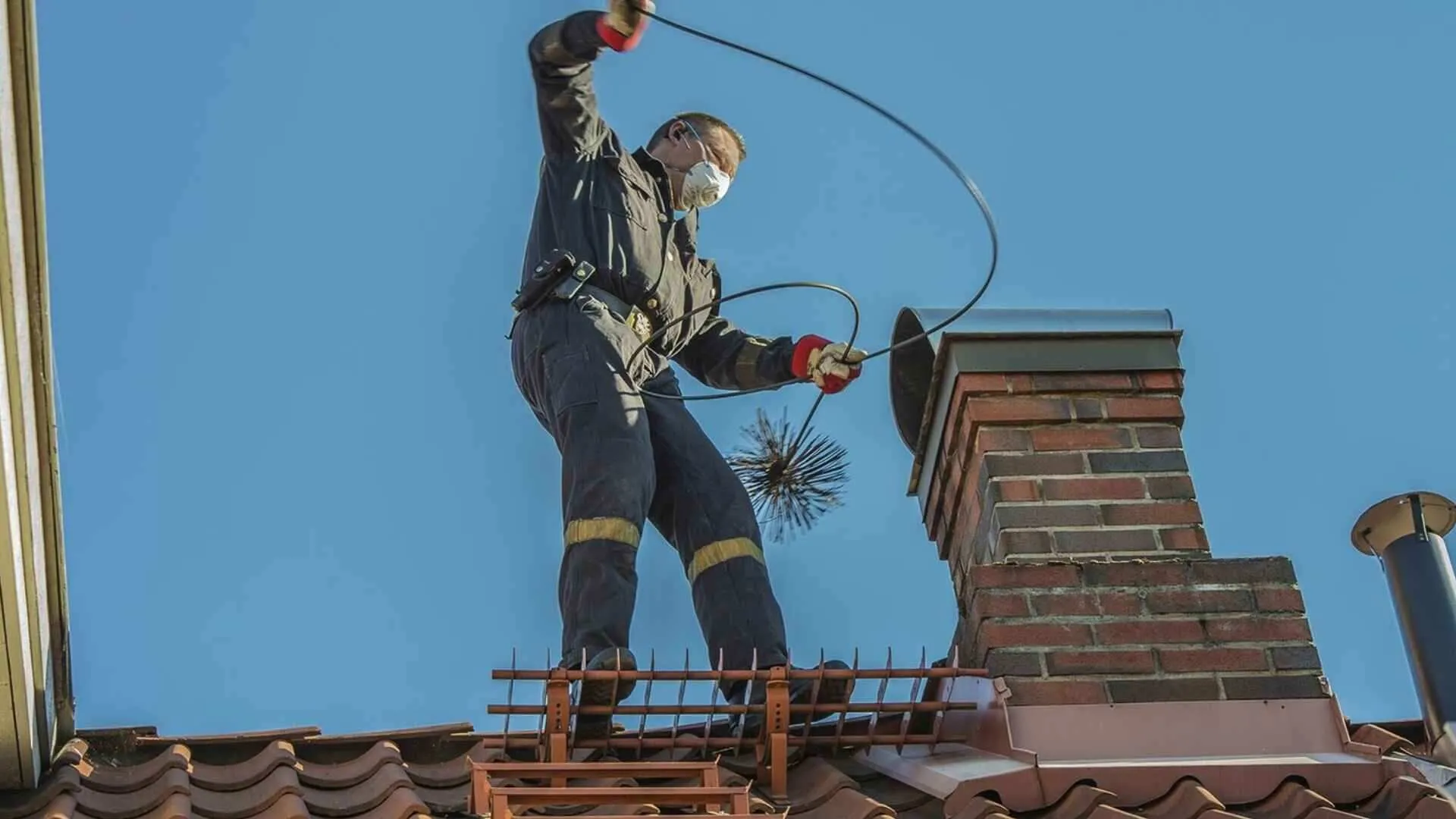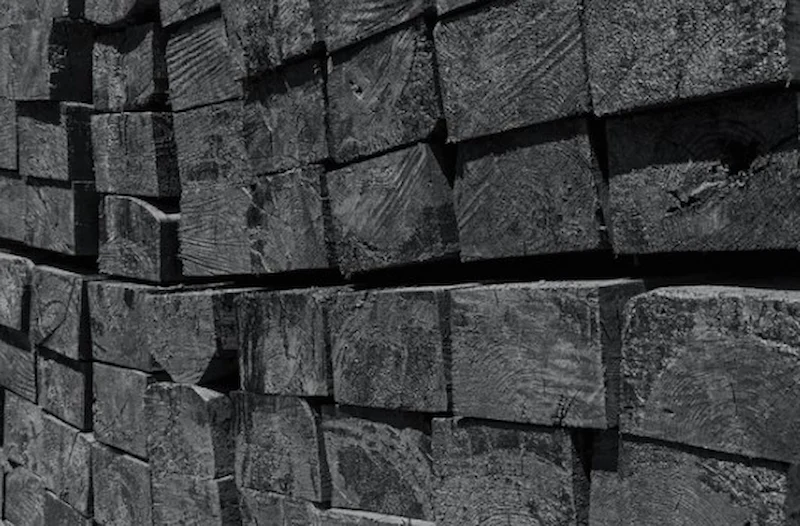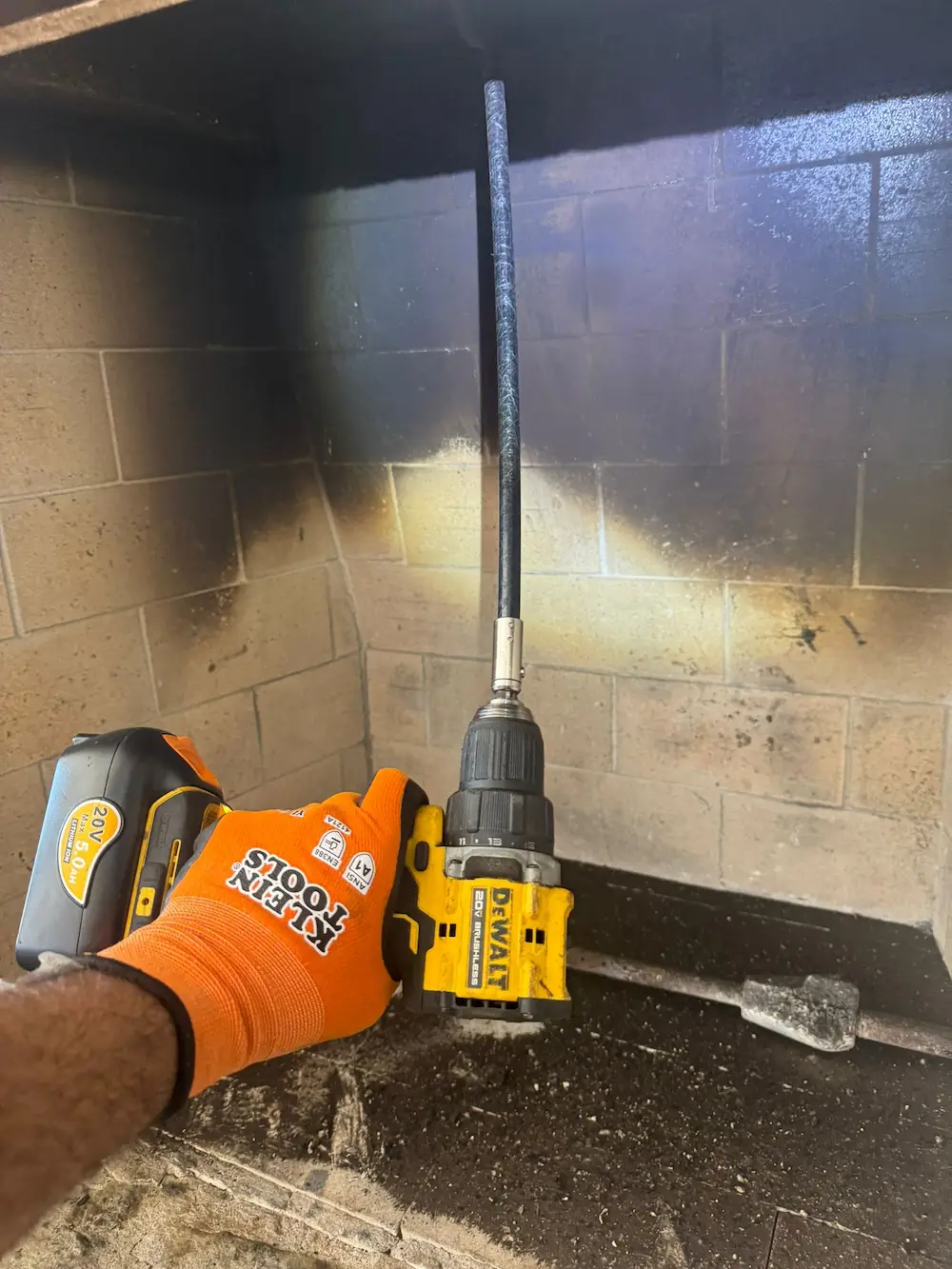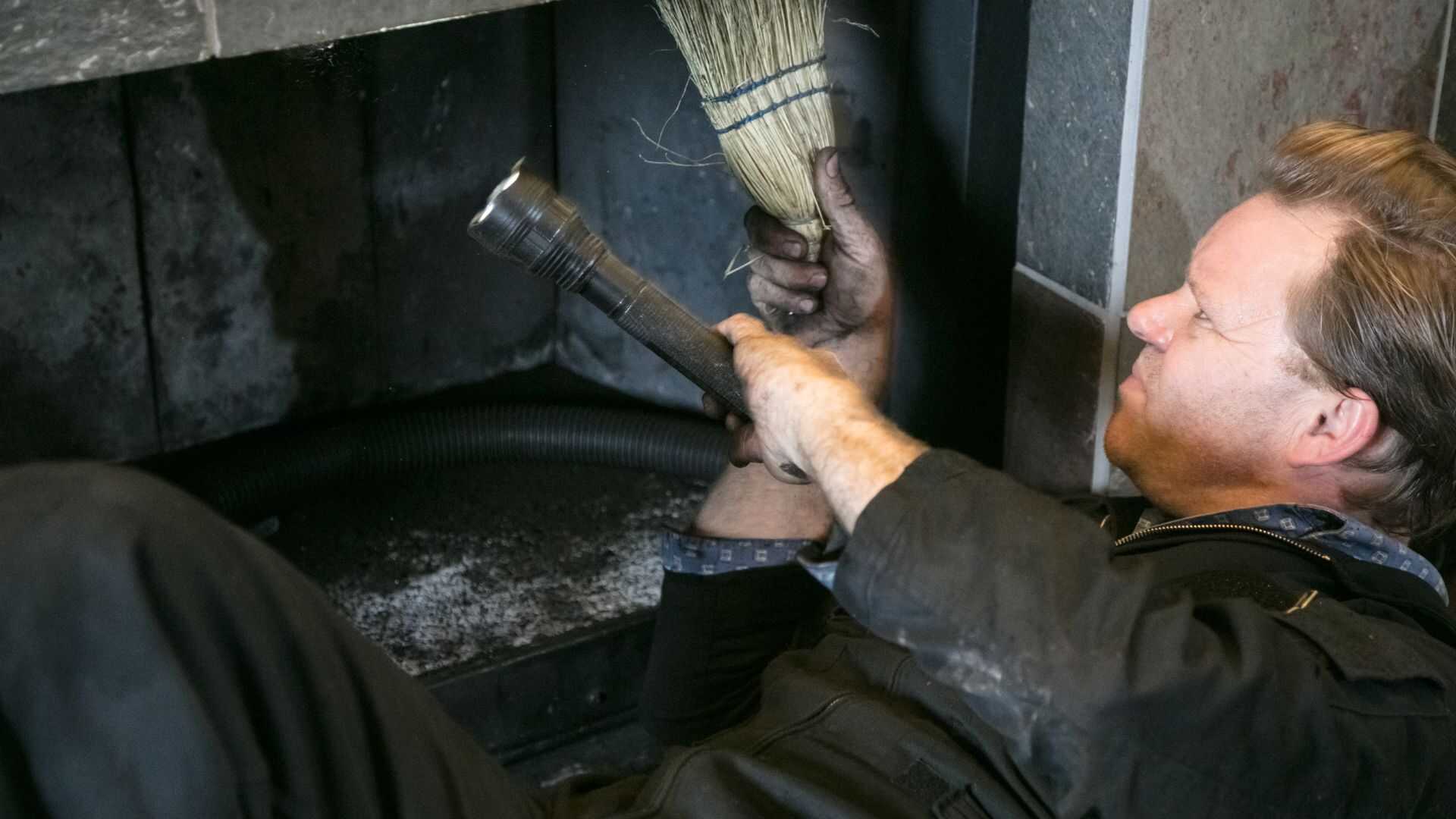Cozy nights by the fire might be the highlight of winter, but the safety of that warmth depends on one crucial thing: a well-maintained chimney. While your fireplace might seem low-maintenance, neglecting your chimney can turn it into a major fire hazard. Regular chimney inspections are a critical part of fire prevention, ensuring your home stays safe and your fireplace runs efficiently.
Let’s dive into why chimney inspections matter, the risks of skipping them, and how they keep your family protected.
The Fire Risks of a Neglected Chimney
An uninspected chimney isn’t just an inconvenience—it’s a danger. Over time, soot, creosote, and structural wear can turn your cozy fireplace into a potential fire starter. Here’s what’s at stake:
Creosote: A Hidden Firestarter
Every time you burn wood, creosote—a flammable, tar-like substance—builds up inside your chimney. If not cleaned out, even a small spark can ignite it, leading to a chimney fire that can quickly spread to your home. Whether you use your fireplace daily or just a few times a year, creosote accumulation is inevitable, making regular inspections and cleanings essential.
Blockages: Restricting Airflow and Raising Risks
Bird nests, leaves, and other debris can block your chimney, restricting airflow. This not only makes your fireplace less efficient but also forces smoke and dangerous gases, like carbon monoxide, back into your home. Chimneys without caps are particularly vulnerable to these blockages.
Structural Damage: A Silent Threat
Cracks, gaps, or worn-out chimney liners can allow heat and sparks to escape into areas of your home that shouldn’t get hot, potentially igniting nearby materials. Inspections can catch these issues early before they lead to serious damage.
How Chimney Inspections Prevent Fires
A professional chimney inspection is more than a quick glance inside—it’s a thorough evaluation designed to catch anything that could pose a fire risk. Certified technicians follow safety standards set by the Chimney Safety Institute of America (CSIA) to ensure your chimney is in top condition.
Levels of Inspection for Every Need
- Level 1: A basic check of accessible areas for creosote buildup, blockages, or visible damage. Perfect for chimneys with regular maintenance and no major changes.
- Level 2: A more detailed inspection that includes video scanning. This level is recommended after chimney fires or significant changes, like installing a new stove.
- Level 3: The most comprehensive option, often required if structural issues are suspected. It may involve removing parts of the chimney to inspect hidden areas.
Key Areas Inspected
During an inspection, professionals focus on:
- Flue Liners: Ensuring there are no cracks that could let heat escape.
- Creosote Levels: Checking for excessive buildup that requires cleaning.
- Chimney Caps and Crowns: Verifying they’re intact to block debris and water.
- Masonry: Identifying loose bricks, crumbling mortar, or other structural concerns.
Schedule an appointment with Certified Chimney Technicians in Dallas >>>
Why Annual Inspections Are Essential
Scheduling a yearly chimney inspection isn’t just a good idea—it’s a vital step in preventing fires. Here’s why regular inspections are key:
- Spot Problems Early
Catching creosote buildup, blockages, or small cracks early can prevent them from turning into major (and dangerous) issues. A tiny crack might seem harmless now, but it could spell trouble later. - Stay Compliant with Safety Standards
The National Fire Protection Association (NFPA) recommends annual chimney inspections to ensure fireplaces meet safety guidelines. Following these standards greatly reduces fire risks. - Improve Fireplace Efficiency
A clogged or dirty chimney makes your fireplace less effective, forcing it to work harder to produce heat. Inspections help keep everything running smoothly and efficiently. - Extend Chimney Lifespan
Routine inspections can uncover wear and tear before it leads to costly repairs or replacements, helping you get more years out of your chimney.
Common Fire Hazards Found During Inspections
Inspections often reveal hidden problems that homeowners might miss, such as:
- Excessive Creosote: A sign that cleaning is overdue.
- Obstructions: Debris or animal nests that block airflow.
- Masonry Damage: Cracks or loose bricks that weaken the chimney.
- Flue Liner Issues: Damage that allows heat or smoke to escape unsafely.
Addressing these problems early is critical to fire prevention.
Protect Your Home with Regular Inspections
Fire safety starts with prevention, and when it comes to your chimney, regular inspections are non-negotiable. By identifying and addressing risks like creosote buildup, blockages, and structural issues, inspections keep your home safe and your fireplace efficient.
For homeowners in Dallas, Reliant Chimney Sweeps is the trusted name for chimney care. Their CSIA-certified technicians provide thorough inspections, cleanings, and repairs, all tailored to keep your chimney in top condition. Reliant’s honest advice and expert service make them a go-to for fire prevention and peace of mind.
Don’t wait for a problem to arise. Schedule your annual chimney inspection today and enjoy the confidence of knowing your home and family are protected.
